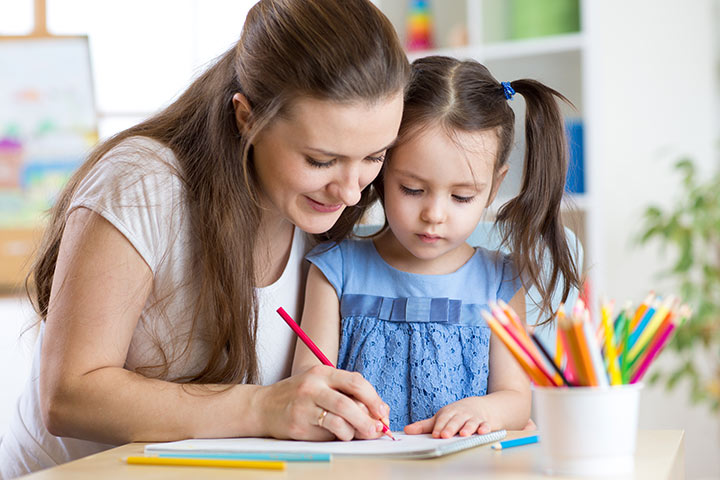Teaching Kids Teamwork

From making a meal with the family to participating in a school project, learning to work as part of a team can teach your child empathy, patience, and respect. Practicing teamwork for teaching kids can also instill self-confidence and trust in others within a child.
Here’s how to help kiddos develop this crucial life skill.
Register Your Child For Organized Activities
Enrolling your child in an extracurricular activity that calls for collaboration is a terrific way to teach them the benefits of teamwork. Just make sure the activity is one the youth is interested in.
Teach Children To Encourage Others
Teaching kids teamwork also involves getting them to notice and acknowledge others’ needs and accomplishments. Encourage your son or daughter to rally around teammates at, say, sporting events, and to praise their wins. Nurture your child’s interest in others’ important life events.
Set The Example
Teamwork for kids starts at home. Make sure your household puts a premium on working together to get things done. For example, one sibling could fold newly washed clothes while another puts them away. Teach and demonstrate to your charges that cooperation makes things better. In addition to giving your youngster household chores, show them that it’s good to pitch in and help others. Make sure you praise your child’s efforts to work together with others.
Stress Teamwork At School
The early school years are the perfect time to cultivate a teamwork ethos that can last a lifetime. Examples of school activities that help kids grow accustomed to being team players include group problem-solving tasks, group work in which members help those who are struggling, playing an instrument with others, taking turns reading book passages, putting on a school play, or participating in a sport.
Play Board Games
Board and party games help develop important social skills like collaboration, taking turns, and compromise. Team games that involve working together, such as the onein which participants try to keep a ball aloft, are also great at teamwork building.
Encourage Fair Play
Teamwork calls for ground rules like taking turns and being kind. So, establish clear guidelines for team activities. It’s even better if youngsters devise the rules themselves. That way, they’re more invested in them.
Reflect On Team Contributions
If you’re focused on teaching your child teamwork, after any team activity, ask him or her to reflect on their contribution to the group while it’s still fresh in their minds, and how they can be more effective team members in the future.
Teach Respect
Being a team player means demonstrating respect to other people. Teach your child the importance of listening to other, particularly those with authority. Make sure they know that how they present themselves and act is how they show respect. Also be certain your child knows that, once lost, respect is tough to win back.
Help Your Child Accept Criticism Gracefully
At times, being a team member is hard. There will likely be times when others are better than your child at something, and your child may have a tough time coping. Help your child accept constructive criticism from others, including you. Get him or her to understand that when well-meaning criticism is accepted, it shows value for the opinion of others.
In short, teaching kids teamwork should start as early as possible. Learning to cooperate and work with others is important not only in childhood, but throughout life. Let the teaching begin!








